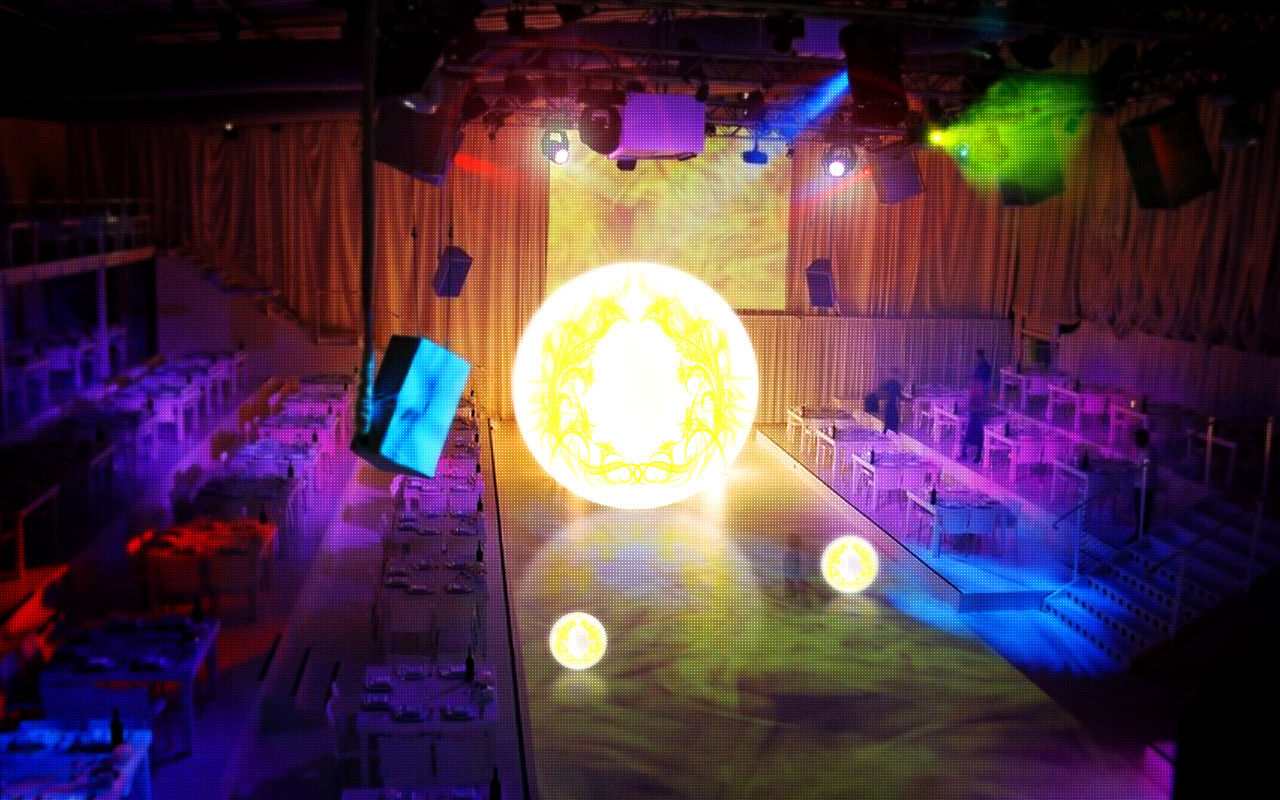Complimentarily Speaking
- bruce1799
- Aug 20, 2021
- 2 min read

One of the coolest things about being a performing musician is, people generally say nice stuff to you. If you did a good job, you made a lot of people happy and entertained them, and it’s very natural for them to want to convey thanks to you during a break or after the show. Everyone has felt this, and it’s a win-win. Clearly the audience member who’s complimenting you had fun, and you very likely had fun playing for them.
I don’t know any endeavor that brings on so much heartfelt accolades and it pays to learn how to properly take compliments.
We have a lot of expressions in our culture for brushing off compliments, but most of the those are designed for reactions to minor kindnesses, like putting someone’s shopping cart away for them, or holding a door for them. These take the form of niceties like “Oh, it was nothing”, or the ubiquitous “No problem!”
But when you’ve entertained someone for several hours, it’s not appropriate to brush off the compliments. If you trivialize the compliment with too much modesty, you’re trivializing their true emotions and that’s not polite at all.
Sometimes, a musician will get compliments after a gig where the musician didn’t think he or she really had a good night. Then, they may want to say something like “Oh, I was horrible!”. This is really bad form – you’re arguing with a well-wisher? How ungracious can you get?
Look, when you’re rich and famous, you won’t have to deal with this. You’ll be whisked away by your limo as the house lights go up and “Greensleeves” plays. But for local musicians, you must take on all comers and validate their sincere compliments. You have given them something of worth and they are moved to express their thanks.
Turn those thanks right around – that’s the only thing to do. They helped YOU sound good, with their energy and enthusiasm, so when they say they really enjoyed the show, you say “Thank YOU for coming! I’m thrilled you had a such a good time!” If you think you had a terrible show, the same sentiments apply – you are still glad they came, and you are glad they had fun. Don’t make a well-wisher join your pity party.
Remember Cohea’s Law*: You didn’t play as bad as you might fear, nor as good as you hoped. The people you can trust are the folks in the audience. If you made them happy, it was a good night and let them make you feel happy, too. Talk about a win-win!
*Cohea’s Law, coined by Bay Area banjo legend Larry Cohea.
by Bruce Campbell




Comments